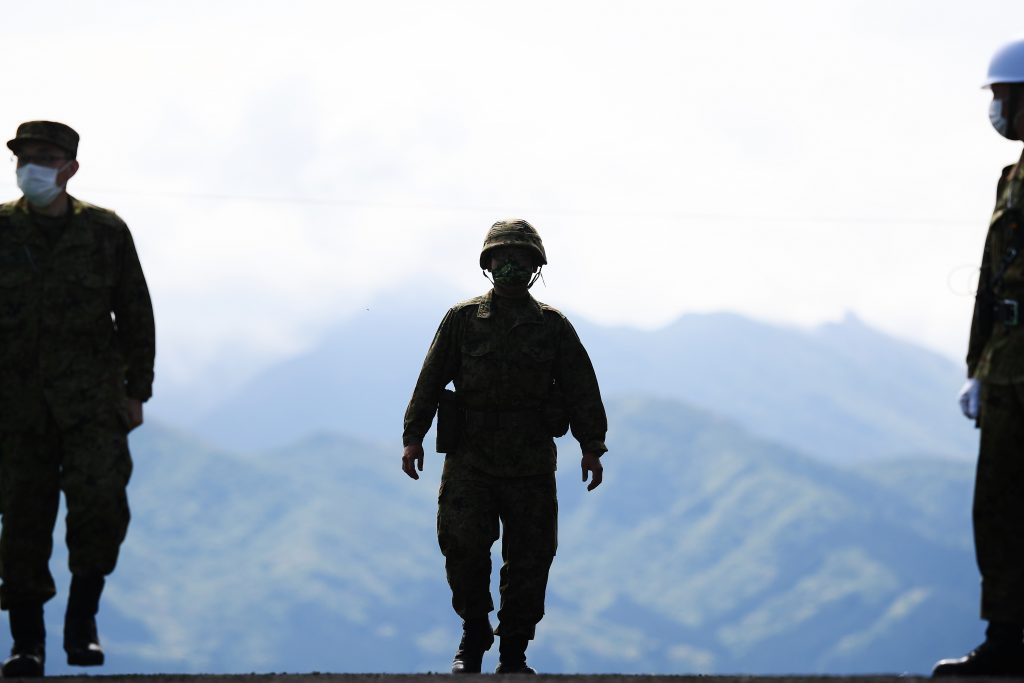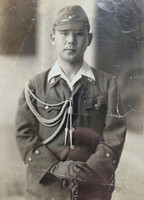
- ARAB NEWS
- 06 Jul 2025

TOKYO: A 105-year-old former major of the Japanese Imperial Army during World War II is seeking to return the bones of comrades who died in eastern New Guinea to Japan.

“I see in my mind those who died during the war,” Masao Horie, who was deployed to the area, said. “I want to bring home the remains no matter what.”
The region, which is now Papua New Guinea, saw such intense fighting that it became to be known as a place from which there was no returning alive. The remains of many soldiers remain there to this day.
Horie landed in Sio in northeastern New Guinea in December 1943, arriving on a submarine carrying supplies. He served as staff officer for the 18th Army, which was responsible for operations in the region.
“It was an extremely reckless fight,” he said. “The Imperial headquarters understood nothing.”
He said that the battles in New Guinea, including the Battle of Port Moresby, were fought without refueling plans and that the Japanese side did not even have an understanding of the geography of the region.
With Japan losing control of both the air and sea, cutting off supply routes, many of Horie’s colleagues died of starvation or from infectious diseases. Horie himself contracted malaria three months after arriving on the Pacific island, and repeatedly suffered from it afterward.
“We ate everything we could, including lizards, but our troop strength kept declining,” he said.
On July 25, 1945, Lt. Gen. Hatazo Adachi, commander of the 18th Army, ordered his men to die for honor at the end of September, as the unit lost fighting strength. Around the same time, many soldiers began singing the song “Tareka Kokyo wo Omowazaru” (Who Doesn’t Think about Their Hometown), a wartime hit.
“We lost all hope of returning, but we all thought about home,” Horie recalled.
He learned that the war had ended three days after the Japanese surrender on August 15, sparing him from sacrificing himself.
After the war, Horie joined the National Police Reserve, which later became the National Safety Forces, the precursor to the Self-Defense Forces. He retired after becoming commander of the Ground SDF’s Western Army.
Horie then served as a member of the House of Councillors, the upper chamber of parliament, where he focused mostly on national defense issues. After leaving politics, he became chairman of a group that prays for those who died during the war and seeks to recover the remains of soldiers.
According to the welfare ministry, some 127,600 Japanese people died in eastern New Guinea, with the remains of around 76,000 still unrecovered. The central government is in charge of collecting the remains of Japanese soldiers, but the operation has not been held this fiscal year due to the spread of the novel coronavirus.
“If I, who remained alive, died and joined all the others, they would ask me, ‘Horie, what have you been doing in the long life you had?'” he said sorrowfully.
JIJI Press